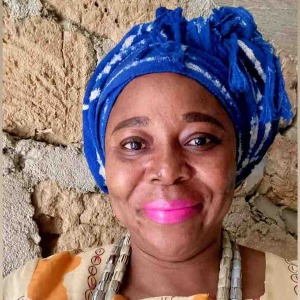Title : Assessment of vaccine hesitancy to a COVID-19 vaccine in Cameroonian adults and its global implication
Abstract:
Since the outbreak of COVID-19 in December 2019, no global consensus treatment has been developed and generally accepted for the disease. However, eradicating the disease will require a safe and efficacious vaccine. In order to prepare for the eventual development of a safe and efficacious COVID-19 vaccine and to enhance its uptake, it is imperative to assess vaccine hesitancy in Cameroonians. After obtaining ethical clearance from the Institutional Review Board of the University of Buea, a questionnaire was administered (May–August 2020) to consenting adults either online or in person. A qualitative thematic analysis was done to analyze the participants’ answers to the open questions. A deductive approach was used, that is, the codes and patterns according to the World Health Organization (WHO) Strategic Advisory Group of Experts (SAGE) Working Group Matrix of Determinants of vaccine hesitancy. The number of consenting adult Cameroonians who completed the questionnaire were 2512 (Two thousand five hundred and twelve). Vaccine hesitancy to a COVID-19 vaccine was 84.6% in Cameroonians. Using the WHO recommended Matrix of Determinant of Vaccine hesitancy, the most prominent determinants observed in this study were: Communication and Media Environment, Perception of pharmaceutical industry, Reliability and/or source of vaccine and cost. Most Cameroonians agree that even though there are benefits of a clinical trial, they will prefer it should be done out of the continent and involving African scientists for eventual acceptance and uptake. The concerns of safety, efficacy and confidence has to be addressed using a Public Engagement approach if a COVID-19 vaccine has to be administered successfully in Africa or Cameroon specifically. Since this study was carried out following WHO standards, its result can be compared to those of other studies carried out in different cultural settings using similar standards.
Keywords:
COVID-19 pandemic; vaccine hesitancy; vaccine acceptance; clinical trials; Cameroon



